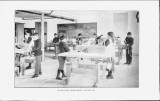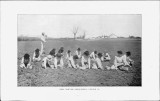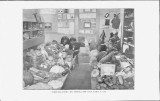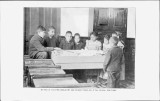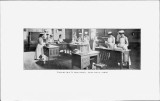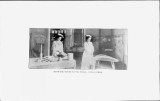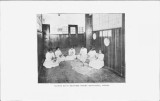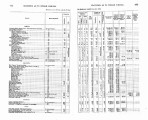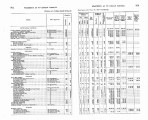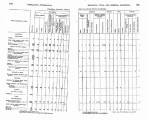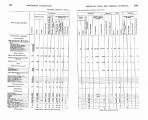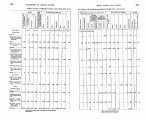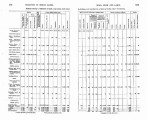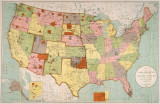| Title |
Annual Report of the Commissioner of Indian Affairs - 1903 (Pt I) |
| Subject |
Indian reservations; Federal government; Indians of North America; Maps; Work; Land use; Allotment of land; Treaties; Agriculture; Timber; Health; Indians of North America--Social life and customs; Water rights; Natural resources; Education; Indians of North America--Education; Annuities; Alcohol; Railroads; Culture; Employment (Economic theory); Religion; Missionaries; Indigenous peoples--North America |
| Keywords |
Annual Report; Indian Agency; Reservations; Tribal Funds; Trade; Allotment; Land Rights; Resources; Mining; Superintendency; Native Americans |
| Publisher |
Digitized by J. Willard Marriott Library, University of Utah |
| Tribe |
Ute |
| Language |
eng |
| Description |
Excerpts concerning Utah from the Annual Report of the Commissioner of Indian Affairs - Courtesy of the University of Wisconsin Digital Collections. The Commissioner of Indian Affairs discusses calculations regarding appropriations and expenditures, the system of education on and off reservations, the perceived importance of industrial and agricultural training, the dissolution of agencies, the creation and effects of various treaties, the successes and shortcomings of the allotment system, and the processes by which land may be inherited, sold, and irrigated. Captain W.A. Mercer provides demographic data about the Uintah Ouray reservation and describes the reservation's schools, rations, wages, and liquor traffic. The Superintendent of the Uintah School describes agricultural conditions, while the Superintendent of the Ouray School provides a report regarding the health and progress of the pupils under his supervision. The Special Agent to the Kaibab Indians also submits a report in which he describes their culture, dress, and subsistence practices. The School Superintendent among the Shivwits Indians also submits a report regarding progress in schools and the lessons taught by missionaries |
| Type |
Text |
| Coverage |
Uintah and Ouray Indian Reservation (Utah); Utah; Washington (D.C.) |
| Format |
application/pdf |
| Rights |
Digital Image © 2011 America West Center. All Rights Reserved |
| ARK |
ark:/87278/s6613w12 |
| Creator |
Commissioner of Indian Affairs |
| Date |
1903 |
| Spatial Coverage |
Kanab (Utah); Whiterocks (Utah); Uintah and Ouray Indian Reservation (Utah); Washington (D.C.); Utah |
| Setname |
uaida_main |
| ID |
374284 |
| Reference URL |
https://collections.lib.utah.edu/ark:/87278/s6613w12 |













































































































































